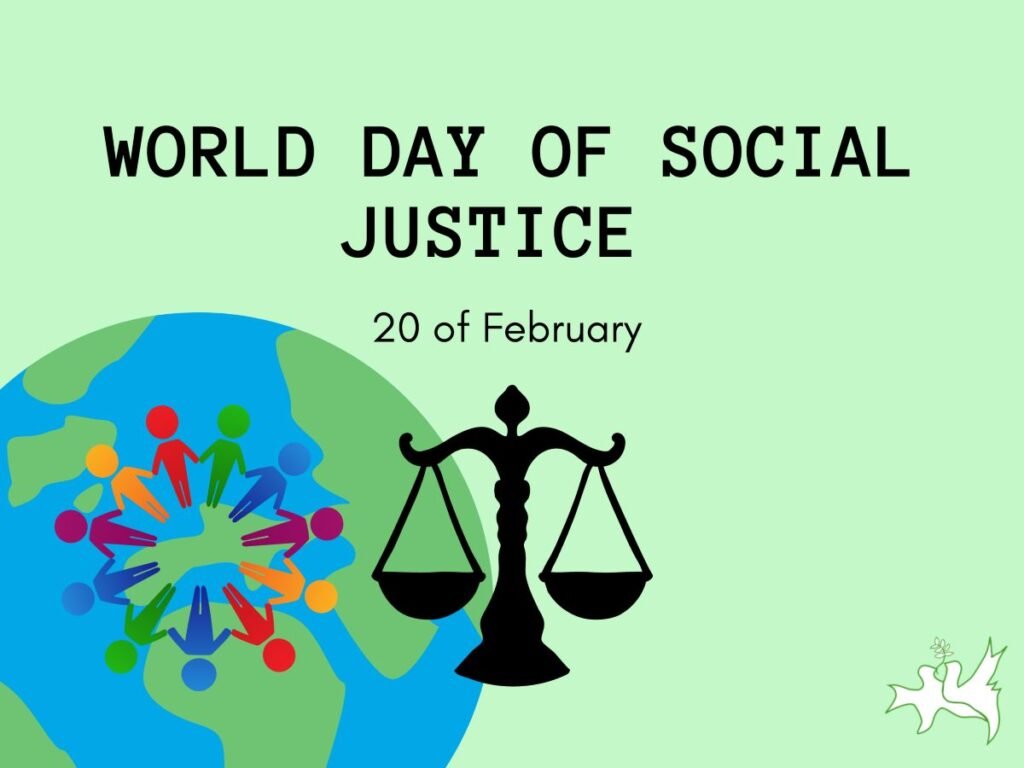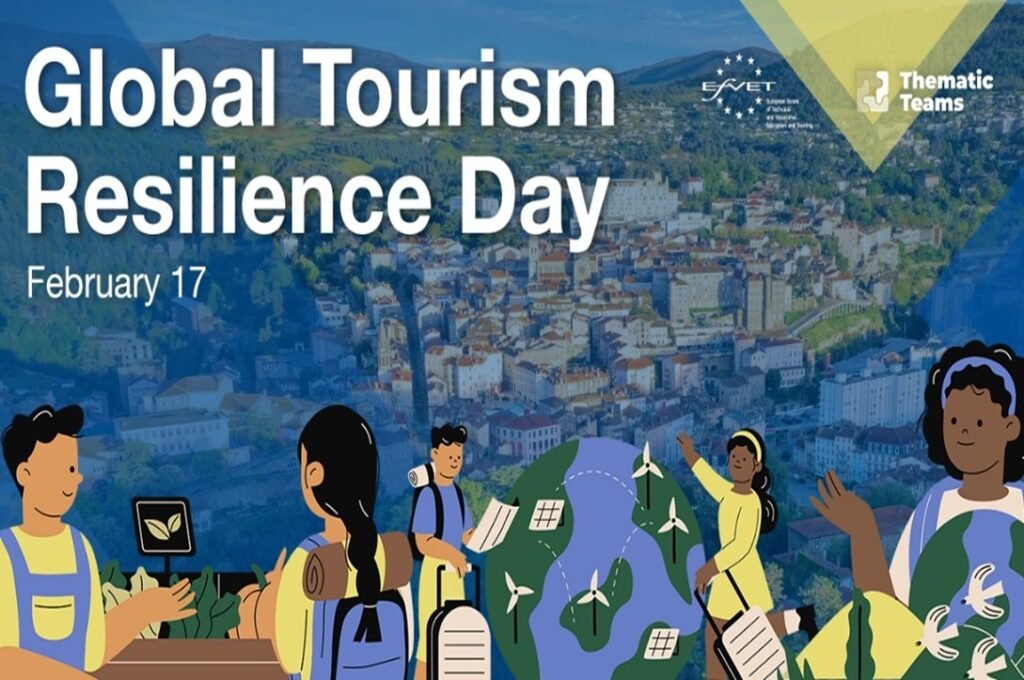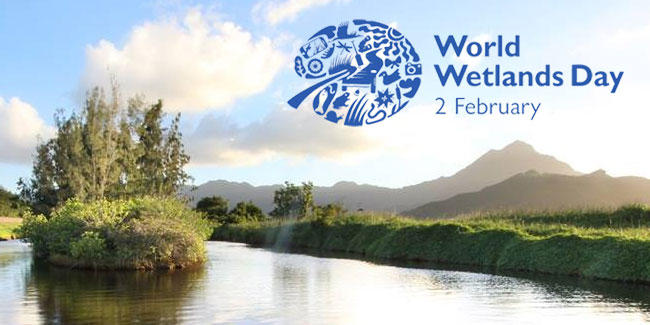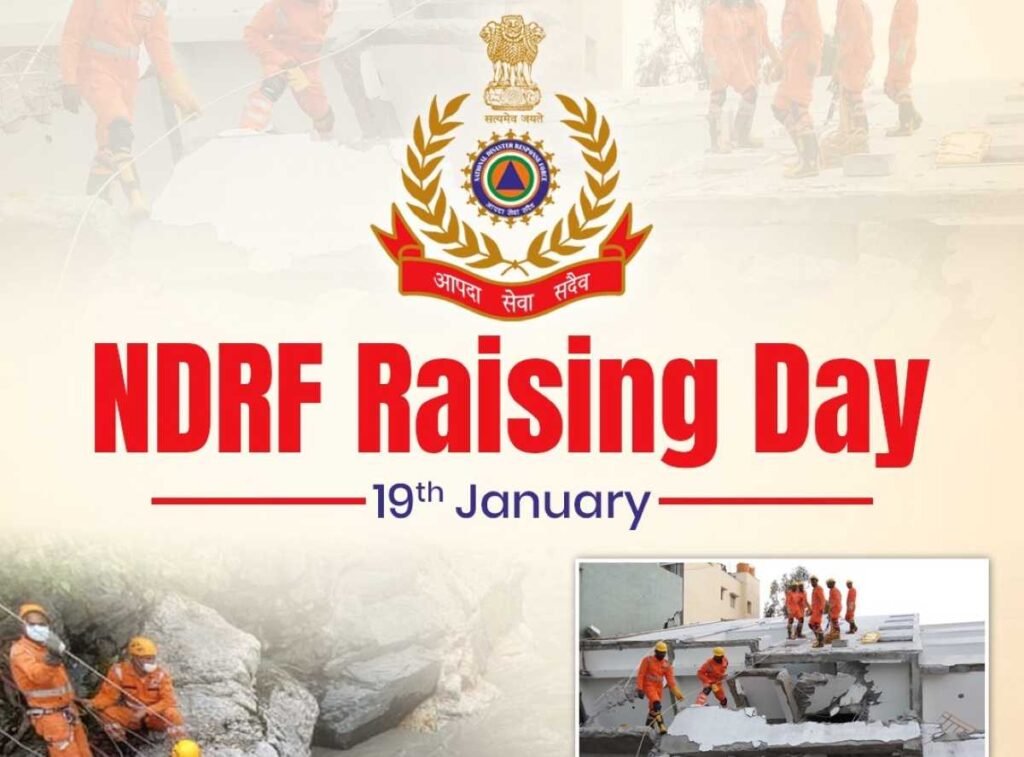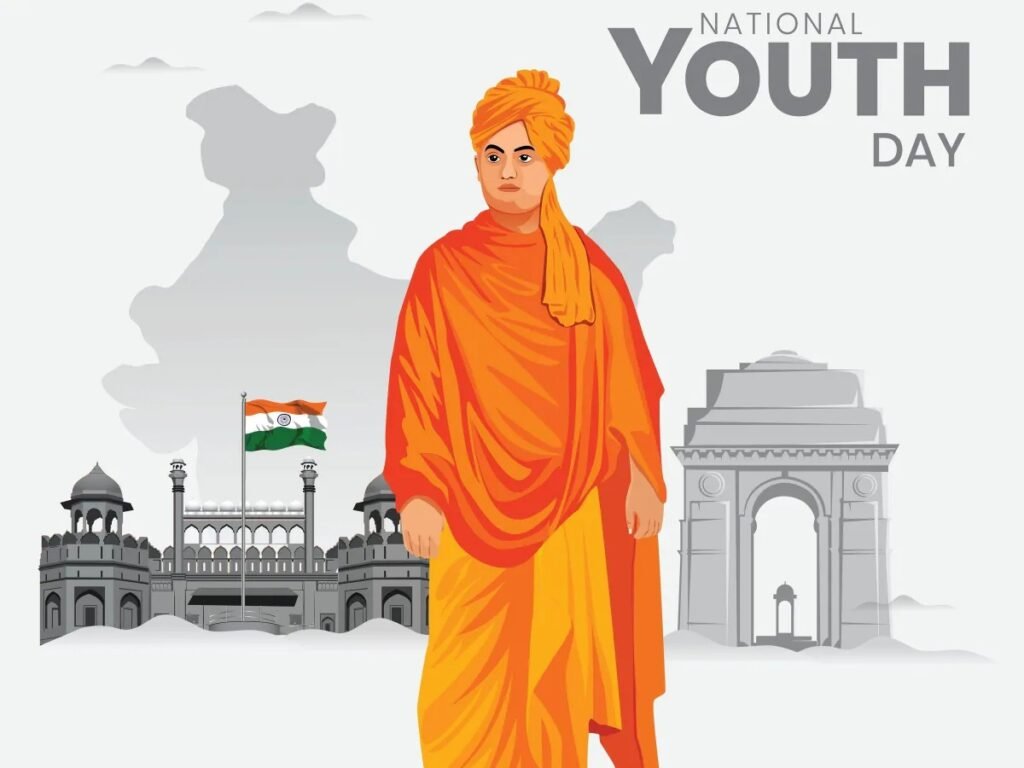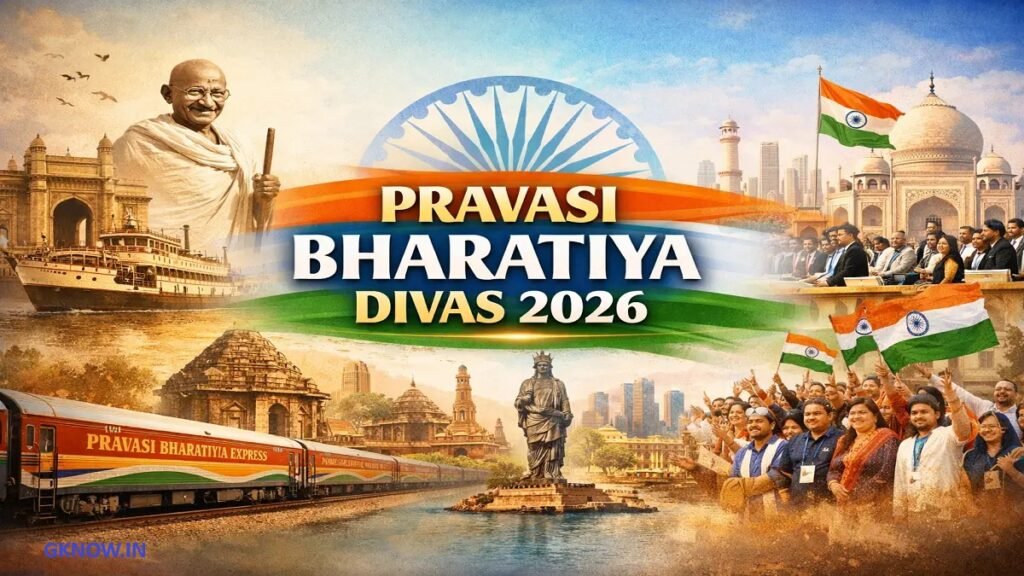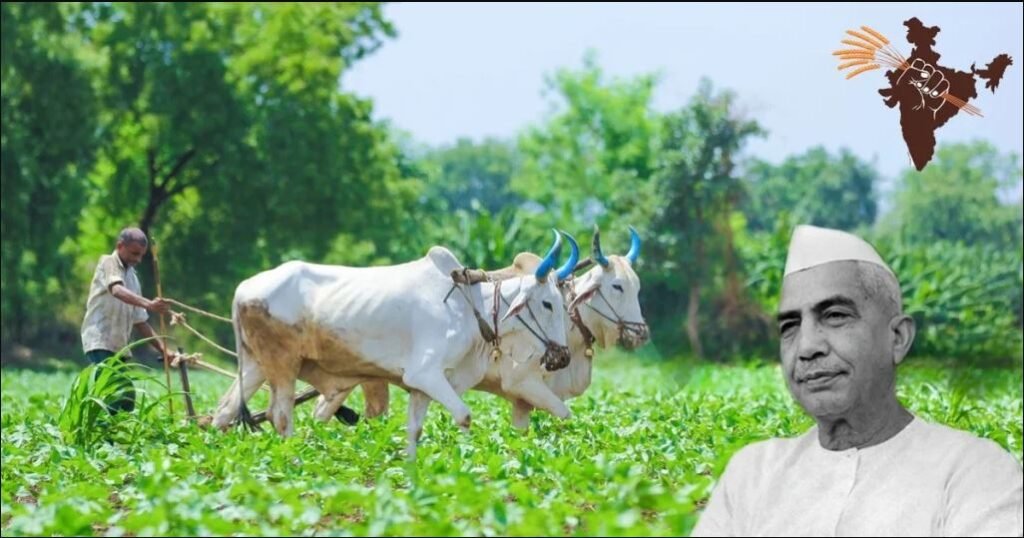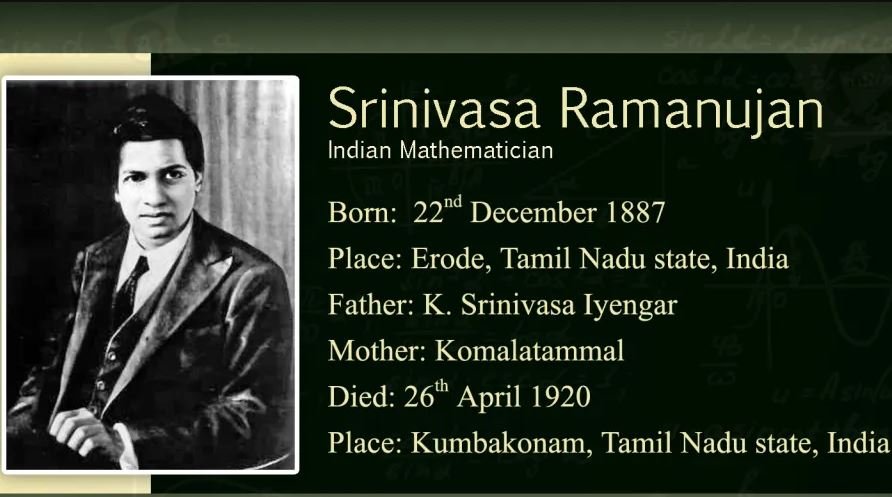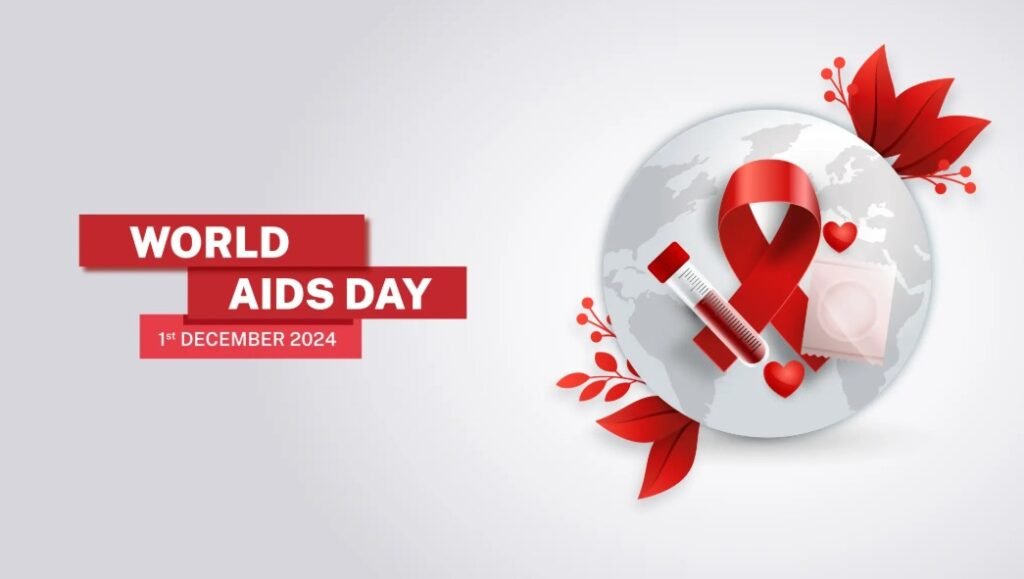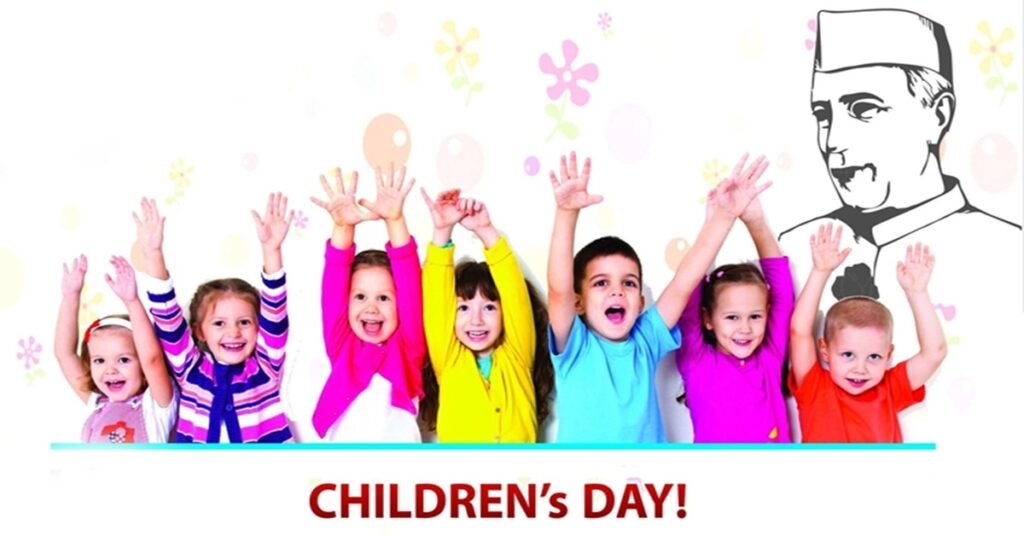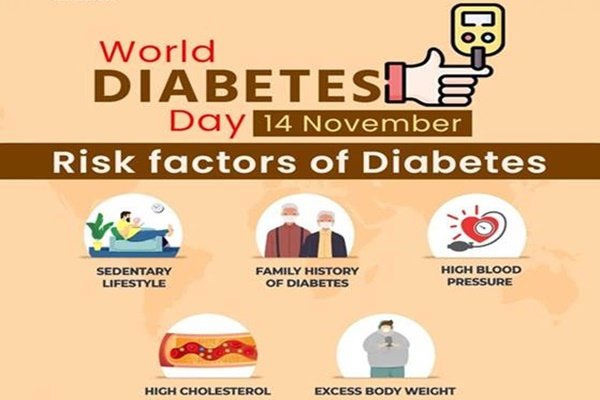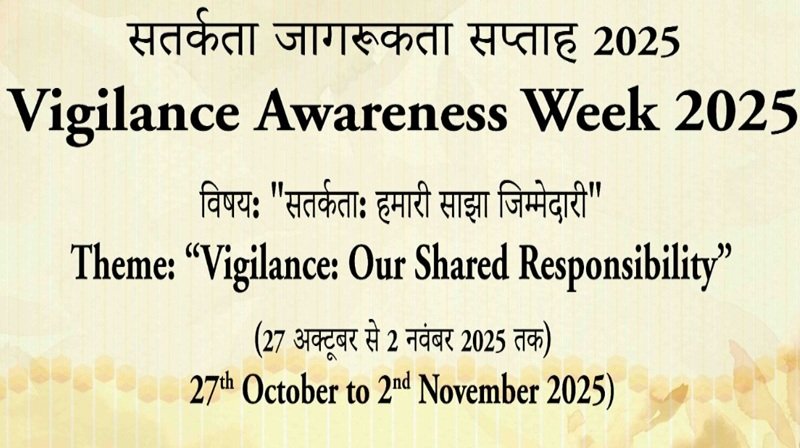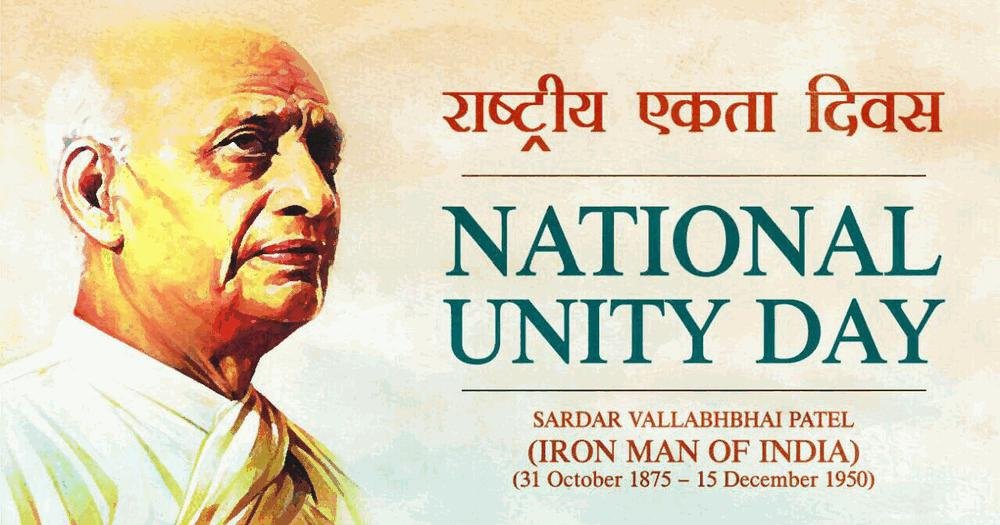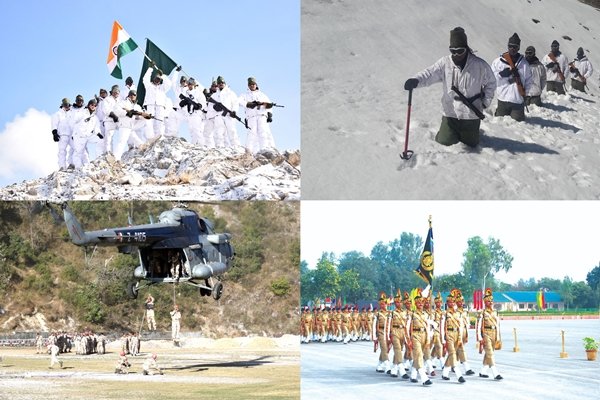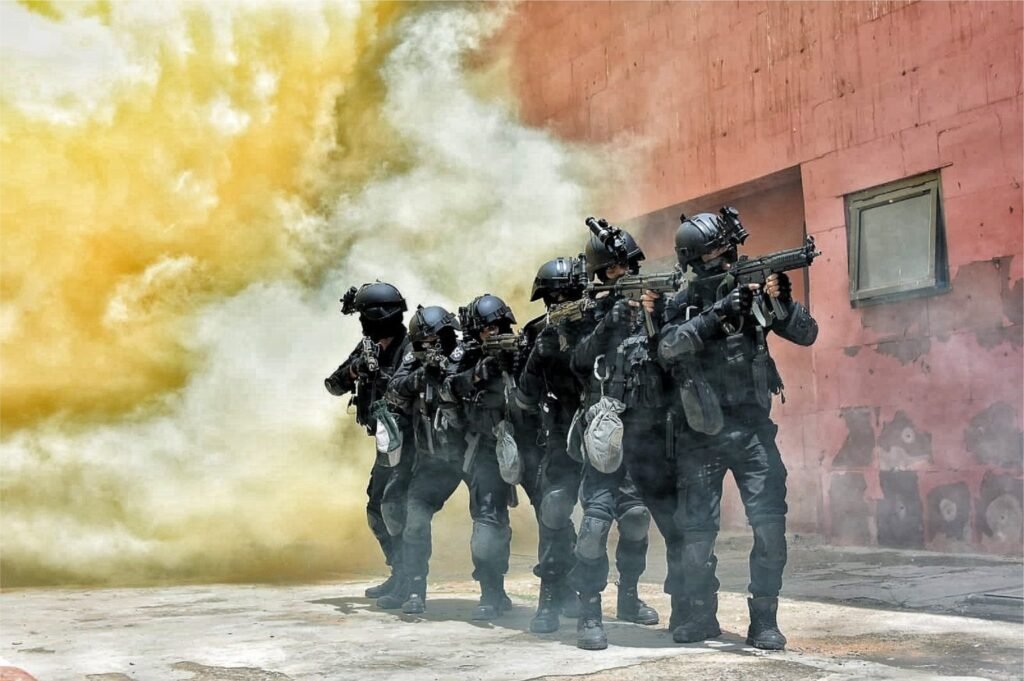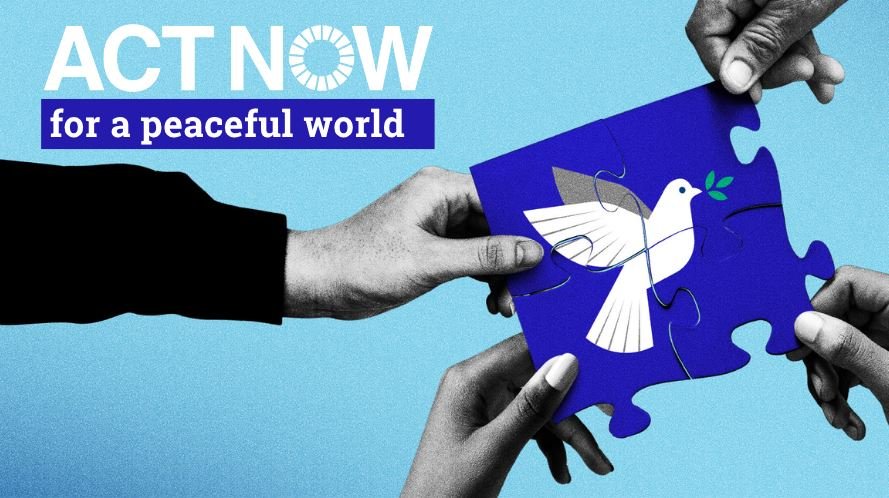National Science Day : 28 February
National Science Day is celebrated in India every year on 28 February to commemorate the discovery of the Raman Effect by Nobel laureate C.V. Raman in 1928. This day highlights India’s scientific heritage, promotes awareness, and inspires innovation across the country.
Historical Background
- Discovery of Raman Effect (1928): C.V. Raman discovered how light scatters when it passes through a transparent material, a phenomenon later named the Raman Effect.
- Nobel Prize (1930): Raman became the first Indian scientist to win the Nobel Prize in Physics for this groundbreaking work.
- Institutional Recognition: In 1986, the Government of India designated 28 February as National Science Day to honor this achievement.
Significance
- Promotes scientific temper and awareness among citizens.
- Encourages youth participation in science and technology.
- Recognizes India’s contributions to global scientific progress.
- Provides a platform for educational institutions to organize exhibitions, debates, and lectures.
Theme for 2026
The theme for National Science Day 2026 is:
“Women in Science: Catalysing Viksit Bharat”
- Focuses on the role of women in driving innovation.
- Aims to inspire young minds, especially girls, to pursue careers in STEM.
- Connects science with India’s vision of becoming a developed nation (Viksit Bharat).
India’s Scientific Achievements Highlighted in 2026
- Advances in space exploration (ISRO missions).
- Growth in artificial intelligence and quantum computing.
- Youth-led science initiatives across schools and universities.

